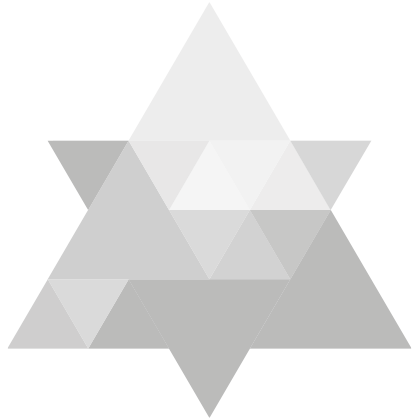The political transformation in Poland after 1989 brought about fundamental changes not only in political and economic areas, but also in the functioning of cultural and social organisations. These processes also affected the Social and Cultural Association of Jews in Poland, which had to redefine its mission.
The declining number of members, mainly due to their advanced age, forced the TSKŻ to open up to younger generations and audiences outside the Jewish community in the new socio-political reality. The emphasis on integration proved to be crucial. This decision brought about a series of lasting initiatives that are now an integral part of the cultural life of Polish Jews.
One of the pillars of TSKŻ’s activities over the past thirty years has been “Słowo Żydowskie” monthly (Yid. “Dos jidisze wort”), which is the only press title regularly published in Poland in two language versions i.e. Polish and Yiddish one. Even though Yiddish has ceased to be a commonly used language, its written presence has a symbolic dimension, as a form of cultivating our heritage . The pages of “Słowo Żydowskie” feature articles covering a wide range of topics: from historical essays and columns to reports on local events.
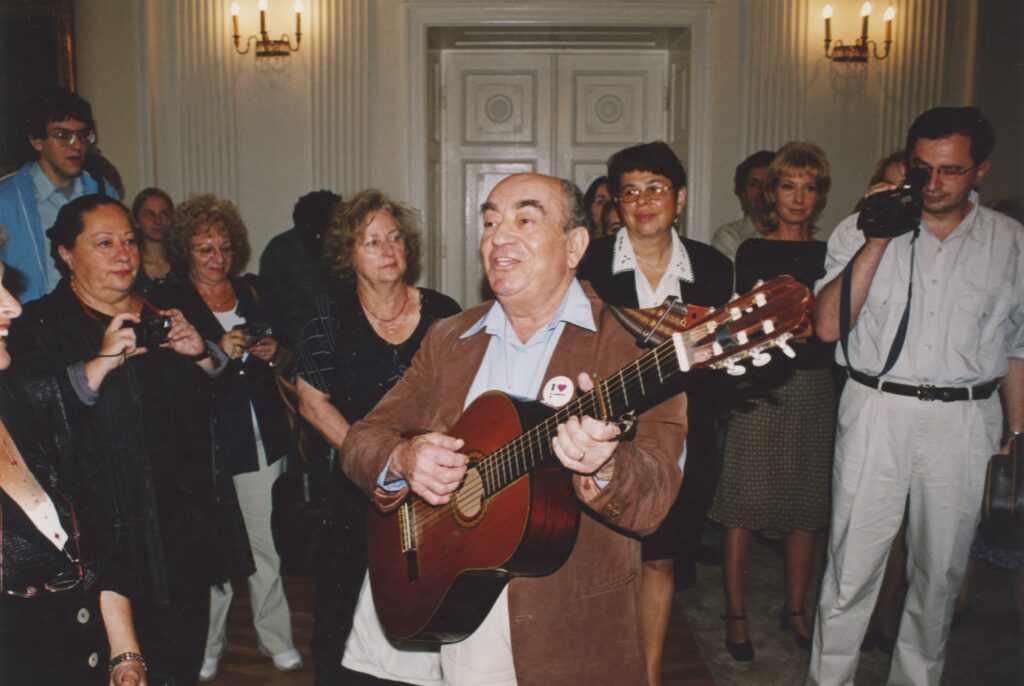 A Yiddish seminar in Śródborów
A Yiddish seminar in Śródborów
Other equally important areas of interest for the Association are cultural, social and educational initiatives. Each year TSKŻ hosts dozens of different events such as concerts, writers’ meetings, Jewish holiday celebrations, which not only seek to integrate the small Jewish community in the country, but also to build bridges across cultures.
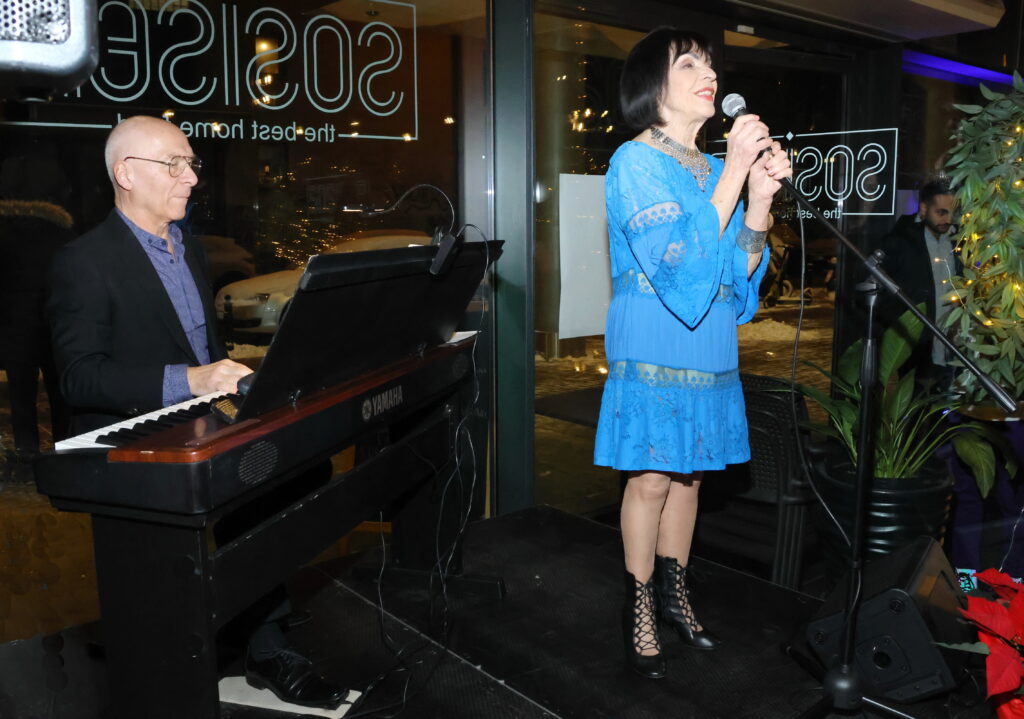
Hannukah concert by Sława Przybylska and Janusz Tylman, 2023
The Social and Cultural Association of Jews in Poland operates its 13 local branches which are scattered across major Polish cities and former centres of Jewish community life. Although their missions may be diversified to suit the actual needs of local communities, they all share one common goal which is the desire to nurture Jewish traditions and integrate Jews and supporters of Jewish culture. Our branches host many educational events, social gatherings, concerts, cooking and arts classes. TSKŻ clubs are the venues where our senior members can maintain their social bonds, and where young people are offered a chance to discover their Jewish identity. Of particular importance are the events surrounding various Jewish holidays such as Hanukkah, Purim, and Rosh Hashanah.
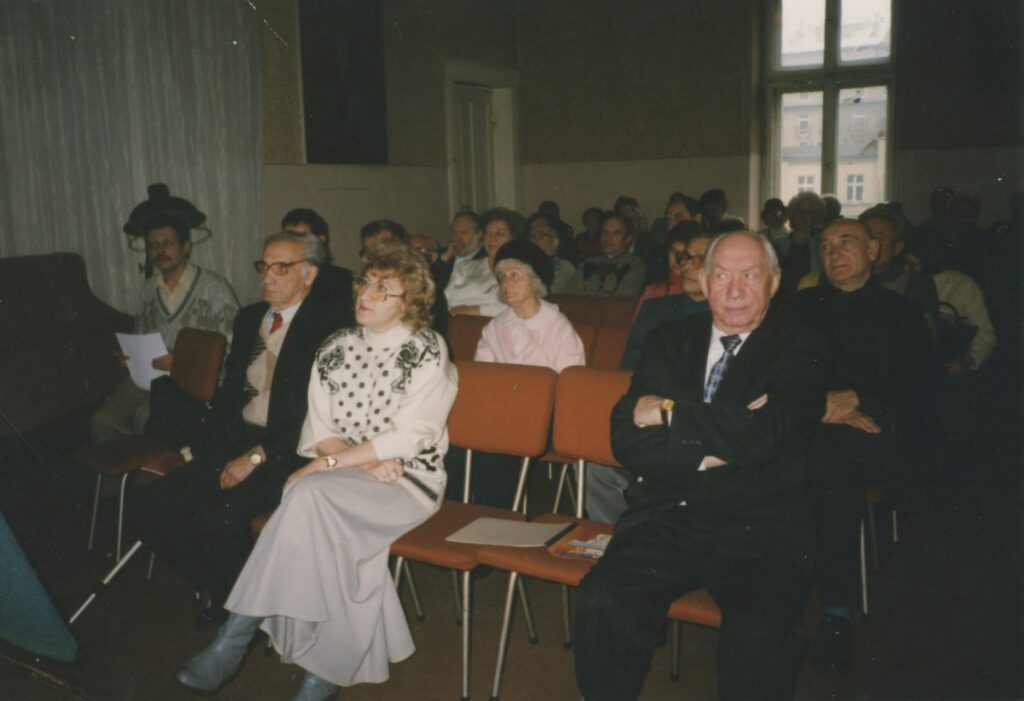
Szymon Szurmiej, TSKŻ Chair, attending a constituent meeting at TSKŻ Łódź
The Babel Club which is located in Warsaw at ul. Próżna 5 is an open space facility intended both for TSKŻ members and for anyone else interested in finding out more about Jewish culture. It is a place where memories of the past are fused with modern forms of artistic activity. Thanks to its diverse offering, the Babel Club has become an important landmark on Warsaw’s cultural map. The Babel Club Music Stage is a unique artistic initiative that is extremely popular among Warsaw residents. Polish and foreign artists regularly perform at Babel, allowing the audience to enjoy a variety of musical genres.
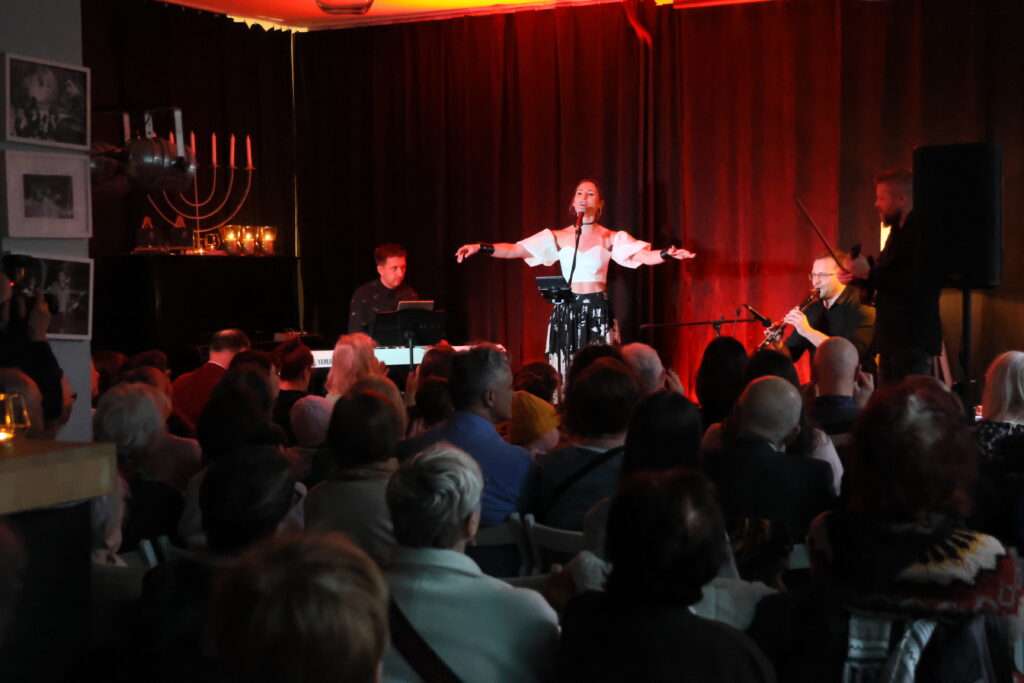
Concert by Izabela Szafrańska. The Babel Club Music Stage
For many years, Śródborowianka Holiday Resort in Otwock served as the focal point for Jewish gatherings in central Poland. The historical building dating back to the 1920s is not only a place of recreation, but above all an important space of remembrance that has contributed to the building of contemporary Jewish identity in Poland. Surrounded by a beautiful pine forest, the Resort hosted events such as picnics on Israel’s Independence Day, children’s games and crafts, concerts and Jewish holiday celebrations. In the near future, the Resort is to be restored and reverted to its former glory.

A garden party in Śródborów, held to celebrate Israel’s Independence Day
The Days of Remembrance in Łódź is the annual event which has been co-hosted by the Social and Cultural Association of Jews in Poland and many cultural institutions since 2010. Each year, the celebrations are held in connection with the International Holocaust Remembrance Day which falls on 27 January. The Remembrance Days include an official ceremony at the Radegast Station, and a series of concerts, lectures, exhibitions and film shows. The Remembrance Days Educational Package also deserves special attention. It includes meetings with survivors, educational activities for children and young people, and artistic events that show the richness of Jewish culture to the youngest members of society. The organisers and participants cherish the memory of the multicultural past, thus contributing to the European tradition of commemorating the Holocaust.
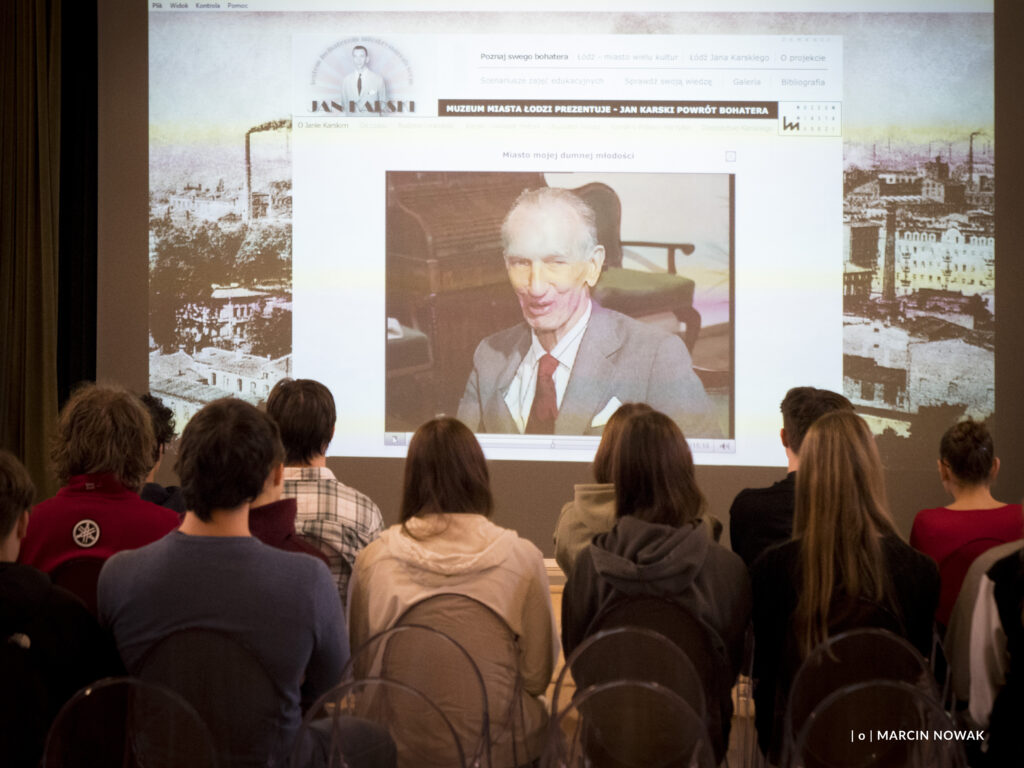
The day of 19 April is one of the most important dates for TSKŻ, which since its very inception, organises events to commemorate an outbreak of the Warsaw Getto Uprising. On the anniversary of the uprising, representatives of the Jewish community, cultural institutions, state and local authorities, and residents of Warsaw gather at the Monument to the Ghetto Heroes. The official celebrations are accompanied by a march through the streets of the former ghetto, during which members of the Association’s Board lay wreaths along the Route of Remembrance of Martyrdom and Struggle of the Jews. The celebrations are not limited to the official ceremony. Local branches of the Association are involved in artistic and educational events – concerts, meetings and workshops – which bring to life the realities of life in the ghetto and the significance of the armed resistance of 1943.
Following the political transformation in Poland, TSKŻ has evolved from a relic of the communist era it used to be, into a modern cultural institution. Apart from nurturing the remembrance of the legacy of Polish Jews, the Association actively contributes to shaping of a brand-new open space where diversity and remembrance are the fundamental values. And although there is no shortage of challenges in the face of growing tensions worldwide and in Poland, thanks to the Social and Cultural Association of Jews in Poland – the largest Jewish organisation in the country – Jewish cultural life remains vibrant and present in the public domain.
By Marta Rydz

